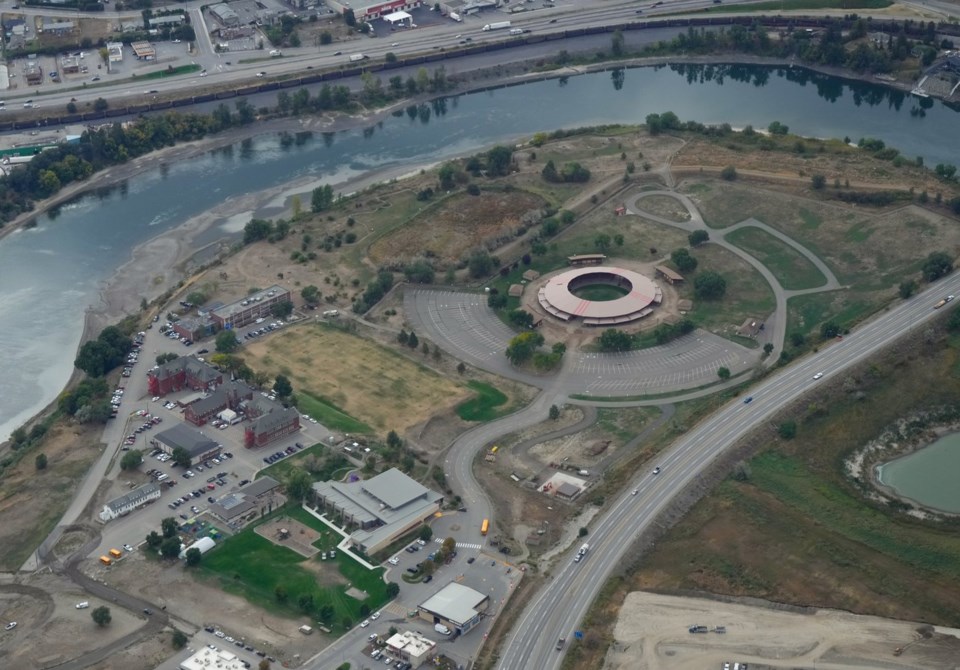KAMLOOPS, B.C. — The leader of Vancouver's Roman Catholic archdiocese says the church was wrong to administer residential schools in British Columbia, and he hopes a newly released covenant with a First Nation can act as a road map for redress.
Archbishop J. Michael Miller said the covenant between the archdiocese, the diocese of Kamloops and the Tkemlups te Secwepemc First Nation, signed in March, can be "an instrument of further dialogue and accountability" in guiding reconciliation between Indigenous and Christian communities across Canada.
"In that sense, it's not a finished document," Miller said during an online news conference Wednesday alongside Tkemlups te Secwepemc Chief Rosanne Casimir.
"It's a living, dynamic statement of moving to the future in hope. By embracing these commitments, and the shared truths outlined in the document, we have a solid foundation.
"We hope that other First Nations and Christian communities across Canada will begin similar journeys, their own journeys," Miller said.
The covenant comes about three years after the Tkemlups te Secwepemc said about 200 possible unmarked burial sites had been found around the former Kamloops Indian Residential School.
That announcement touched off similar searches in Indigenous communities across Canada at other residential school sites, which have resulted in similar discoveries.
Casimir said the covenant includes a number of "commitments to actions" that are central to the agreement, including the church's provision of "technical and scientific expertise" to address questions about ground-penetrating radar surveys for potential unmarked graves at school sites.
The archdiocese has also committed to full transparency in providing records and making available historians and archivists to identify children missing from residential schools.
Casimir said just as important as the technical assistance will be the mental health and counselling support that the church has promised to families of the missing children.
"I believe that it sets a lot of precedents," she said of the covenant in both finding justice and healing for community members.
"It takes everybody at every level to be walking that path and journeying together. So I would encourage others to also build and establish those relationships, to be able to take those meaningful steps."
Outreach from the Catholic Church to Indigenous communities has also been made in the United States, where the U.S. Conference of Catholic Bishops stated in a document earlier this month that it "recognizes that it has played a part in traumas experienced by Native children.”
Bishop Chad Zielinski, chair of the conference’s subcommittee on Native American Affairs, said the document is meant to reinvigorate the ministry after the church's involvement in boarding schools strained its relationship with Indigenous church members.
Other groups such as the Catholic League have expressed skepticism, referring to "mass grave hoaxes" in Canada.
Miller said such views were "just wrong" and "wouldn't be shared by very many people here in British Columbia."
"I haven't even heard the notion of hoax being applied to the situation," Miller said.
"There's no doubt that there are some things that are still contested about the numbers and so on, but to deny that the residential school system had a negative effect — and that many students died while registered at the school … We know for sure that was the case."
— By Chuck Chiang in Vancouver. With files from the Associated Press
This report by The Canadian Press was first published June 26, 2024.
The Canadian Press




